Market coverage 9
["Austria","Belgium","Germany","Italy","Netherlands","Poland","Spain","Switzerland","United Kingdom."]
Germany
Austria
Belgium
Germany
Italy
Netherlands
Poland
Spain
Switzerland
United Kingdom.
Currencies 4
Euro
Poland Zloty
Switzerland Franc
United Kingdom Pound
Description
SOFORT is a widely used online banking payment method in Europe, especially in Germany, Austria, Switzerland, and Belgium. It has 85 million users and is essential for businesses operating in Europe.
Sofort GmbH is now part of the Klarna Group and offers fast, simple, and secure payments directly from consumers’ bank accounts. Customers can authenticate their payments through their existing online banking interface and a one-time confirmation code, while merchants receive real-time confirmation for speedy dispatch of goods or immediate download.






















